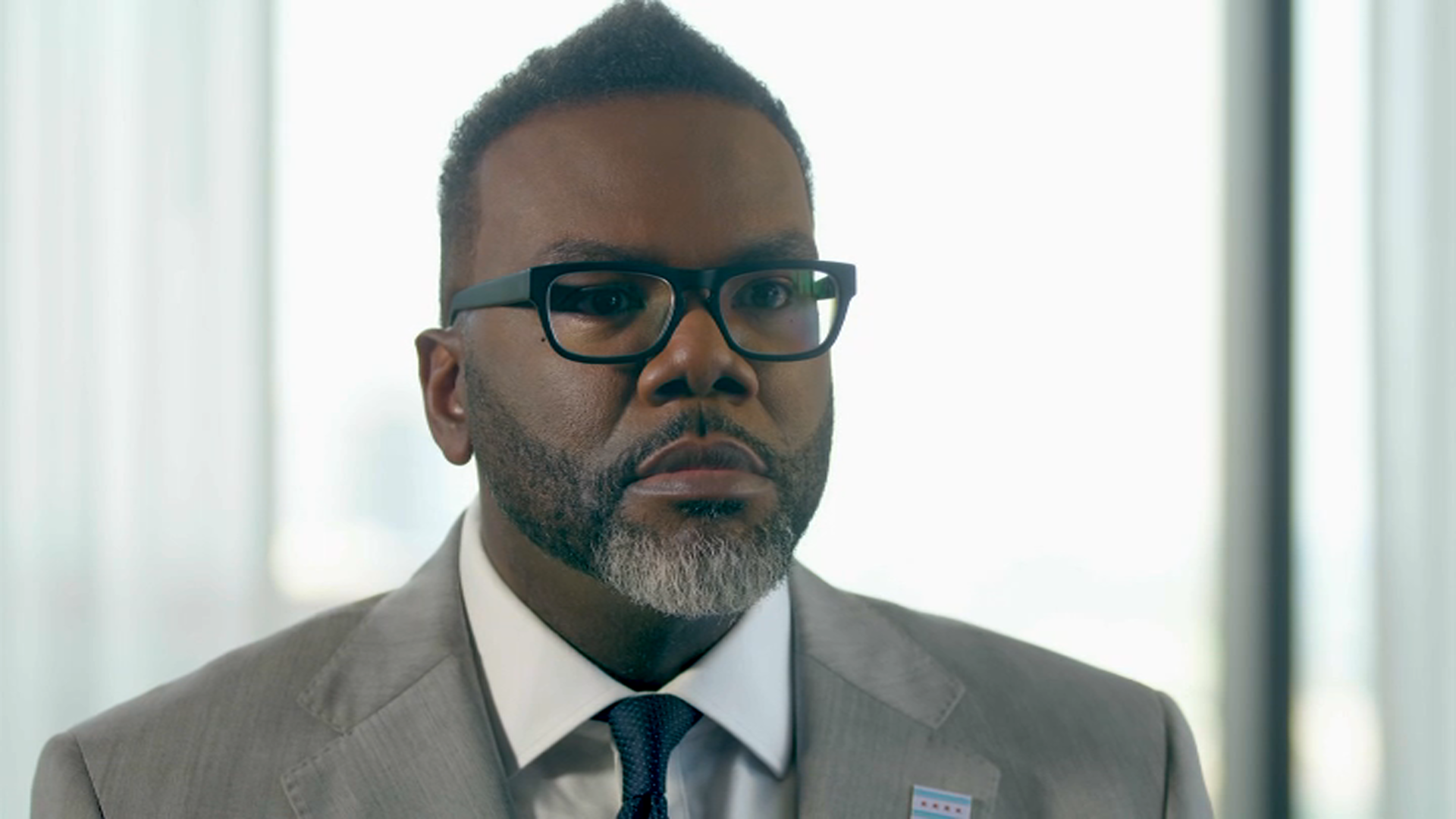As the nation remains gripped by the growing opioid crisis, a new head has taken over the Chicago branch of the federal Drug Enforcement Administration, looking to bring down the Mexican cartels trafficking drugs into the area and simultaneously educate the public.
Special Agent in Charge Sheila Lyons was tapped to lead the Chicago office earlier this month, overseeing the agency’s fifth largest region with operations in Illinois, Wisconsin and Indiana.
Raised in Hometown, Illinois, Lyons is the first woman to lead the division where she began her career as an analyst more than 30 years ago. She later went on to serve as a special agent with assignments in Mexico City, Mexico, Kabul, Afghanistan and Phoenix, Arizona before returning to Chicago where she was most recently the division’s assistant special agent in charge.
“We go after the biggest, baddest drug traffickers,” Lyons said, when asked about the agency’s top priorities.
Feeling out of the loop? We'll catch you up on the Chicago news you need to know. Sign up for the weekly Chicago Catch-Up newsletter here.
“The number one cause of death between of people between 18 and 45 years of age right now is opioid overdose,” she said, noting that 108,000 people died of an opioid overdose across the U.S. last year. “This fentanyl crisis is one of the worst I’ve ever seen in my 30 years of law enforcement.”
Cook County saw at least 1,957 opioid overdose deaths in 2022 – a number that will likely climb as outstanding toxicology tests come back. That figure is more than twice the 941 homicides across Cook County last year and up threefold from the 647 overdose deaths in 2015.
“The fentanyl crisis is hitting every demographic, in every neighborhood, in every city, in every town, and every suburb of where we live,” Lyons continued. “It's everywhere. And so we need to be talking to our young people about how dangerous it is. If you take a fake pill, it can kill you. One pill can kill. They’re four words that we use to start a deep conversation that we hope mothers, fathers, guardians, teachers, coaches will have with young people without stigma.”
Local
Lyons said specifically the Sinaloa and CJNG cartels are “flooding” the U.S. with fentanyl – a synthetic opioid 50 times more potent than heroin. It’s approved for limited medical use by the FDA but can often be found laced into street drugs and pills purchased online.
“The tentacles of the cartels from Mexico have associates and logistical ties to all of the cities in the United States and specifically Chicago because of the many transportation hubs that Chicago houses,” Lyons said. “These cartels are ruthless. Expansion is all they care about because if you expand the people who are addicted, your profits go up.”
Calling the chance to close out her career in the place that she started a “great honor,” Lyons said her goal is to tackle the opioid crisis and hold those behind it accountable.
“When I leave someday I would hope that the catastrophic number of overdose deaths and drug poisonings will have diminished greatly, and that we will have held those people responsible for this tragic situation that we're in right now,” she said.
And on the historic nature of her appointment, Lyons recognized the women who came before her, with a renewed commitment to continue mentoring women in law enforcement herself.
“I think of all the friends and family that I have, that are strong women, and that have been role models in my life. I think of them these last few days. And I thank God that I've had that type of support network throughout my career. And then I think of the women mentors I've had in law enforcement that have gone before me, and that I hope that I can emulate in this position,” she said.



